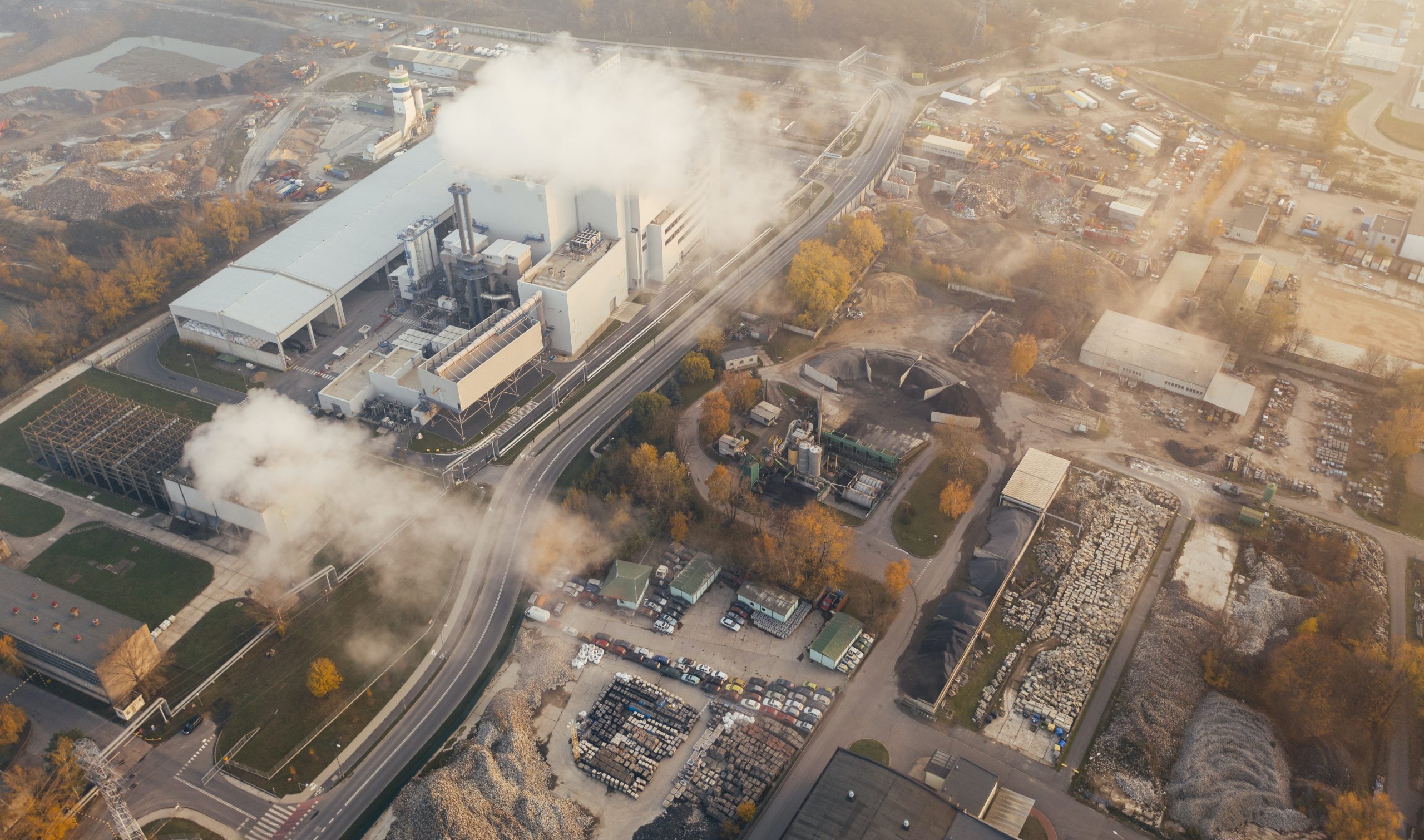
According to Fitch Ratings, Europe is over the worst in the gas supply crisis.Continue reading

From Wednesday, the wholesale price of 95-octane petrol will fall by 10 forints gross, while diesel will see an even bigger drop, by 25 forints gross, reports Holtankoljak.net, a Hungarian refuel website.
The changes in wholesale prices are likely to be reflected in retail prices. The average price of 95-octane petrol at petrol stations will be 612 forints (EUR 1.55) per liter, while the average price of diesel will be 643 forints (EUR 1.63) per liter. However, prices may vary from one petrol station to another, so only average prices can be given.
In Hungary, the capped price of fuel was abolished in December last year, until then Hungarian motorists could fill up at only HUF 480 (EUR 1.22) per liter. The impact of the price increase is now making the majority of motorists, almost half of them, think twice about driving, according to a survey by Impetus Research. A fifth of those surveyed said they use public transport more often than before, but fewer are willing to switch to bicycles or scooters to save money.
Another research company, KutatóCentrum, also carried out a survey for Hungarian news site Index, painting a similar picture. Their data shows that
a third of Hungarians have been using their car less since December, when they started paying market prices for fuel again.
The war in Ukraine and the energy crisis have led to negative news about fuel supply almost every week. To make matters worse, on 5 February, a new EU sanction banning imports of oil products from Russia came into force. This means that, among other things, the import of diesel is banned, resulting in a huge headache not only for Russia but also for the European Union. Experts say that the price of diesel will probably rise, and some are even warning of a shortfall.
As Hungary Today reported earlier, based on an article by Hungarian economic site Világgazdaság,
oil products can still arrive to Europe from four directions, but certainly at a higher price than before.
Hungarian oil company MOL, the largest domestic fuel distributor, imports the vast majority of its fuel from the Bratislava refinery. However, the refinery processes two-thirds of Russian oil and exports the same proportion of its products, but from 5 February, it can only export one-third of its fuel that is produced from non-Russian oil. The refinery has received some relief from the EU, so it can export to the Czech Republic until the end of 2023, but not to other markets, such as Hungary.
MOL is now in need to look for new sources outside the EU, with one possible solution being to increase imports from international markets, probably through the Adriatic pipeline. However, the operator of this pipeline, Janaf, is asking a very high price for the use if in Croatia, further making the situation difficult. MOL has an agreement with Janaf until the end of March, and is hoping to conclude a new, more favorable contract.
The Energy Ministry has also warned of the long-term consequences of the new sanctions regarding Hungary. They said that as Hungary needs imports to ensure a sustainable fuel supply, the increase in European fuel prices due to the sanctions could also have a knock-on effect on Hungary, the ministry added.
Featured photo via Pixabay